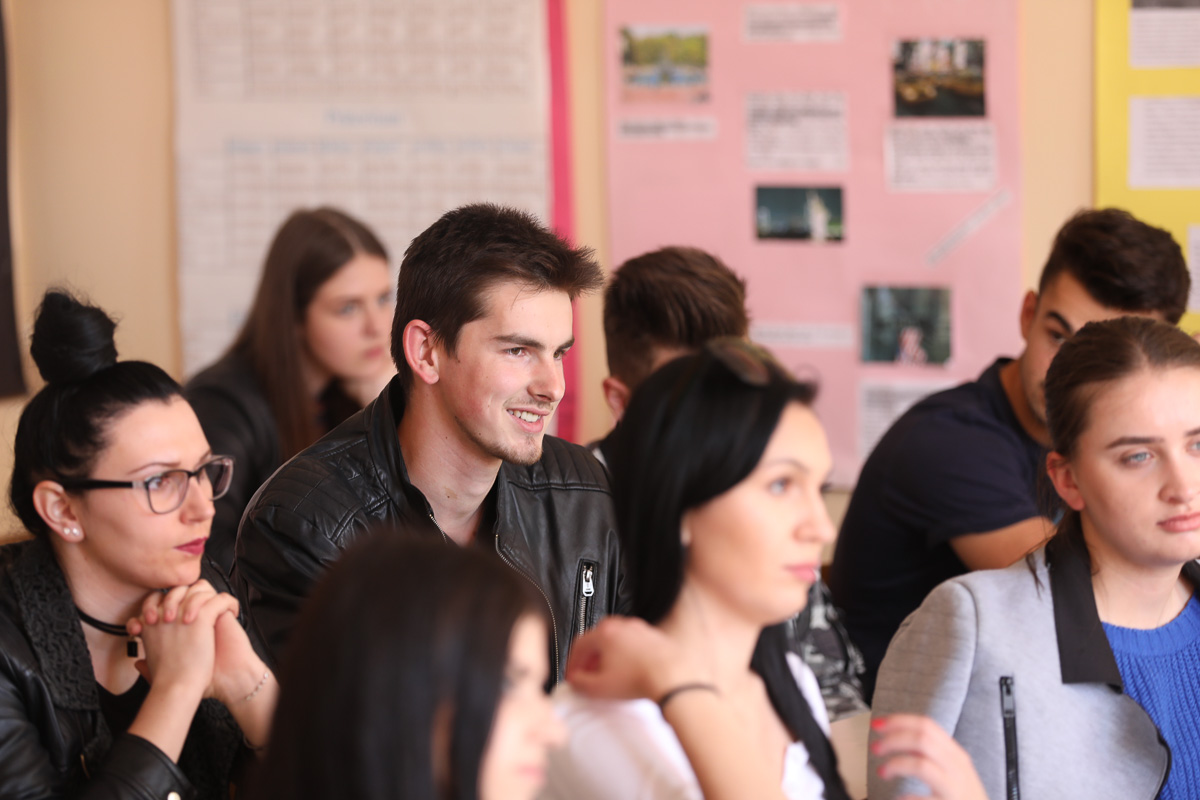
Questions and answers: PISA testing begins in Bosnia and Herzegovina with EU support
What is PISA? PISA – the Programme for International Student Assessment is an international survey which aims to evaluate the skills and knowledge of 15-year-old students in reading, mathematics and...
What is PISA?
PISA – the Programme for International Student Assessment is an international survey which aims to evaluate the skills and knowledge of 15-year-old students in reading, mathematics and science. It is the largest global educational survey with participation of more than a million students so far.
The main objectives of the PISA survey are directed towards education policy. PISA does not focus on curricula and reproduction of acquired knowledge, but on the ability of students to apply acquired knowledge and skills in real-life situations. The goal is to assess how much students are prepared to continue their education following mandatory years of education, and to be involved in the working process and active participation on the society.
Along with the data on knowledge and skills, PISA collects data on individual schooling and systemic factors that impact students’ achievements and provide trend indicators.
PISA is conducted every three years under the auspices of the OECD – Organisation for Economic Co-operation and Development, in cooperation with an international consortium of institutions and participating countries. Each cycle is focused on one area, and PISA 2018 will focus on reading. Bosnia and Herzegovina is participating in PISA 2018, but it is not a member of OECD.
How is PISA being implemented in BiH?
The PISA survey in Bosnia and Herzegovina is being conducted by the Agency for Preschool, Primary and Secondary Education and the BiH PISA Centre, in cooperation with educational bodies and schools. A trial PISA survey was conducted in 2017, while the main PISA 2018 survey will be conducted in April and May 2018.
Schools are selected randomly. The main survey will include 236 schools and more than 7,000 15-year-old students throughout Bosnia and Herzegovina.
What are PISA test items like?
Test items include introductory text which is mostly based on real-life situation or a problem, followed by a set of multiple choice items and open questions.
What do PISA results indicate?
PISA results do not affect the assessment of the students and teachers, but pinpoint the state of affairs in education systems and education policy. Students’ and schools’ results are not assessed on individual basis but are depicted as group achievements of students in each of the participating countries.
Data from the PISA survey will show to which extent educational systems in the respective countries are able to provide their students with key competencies and create prerequisites for life-long learning.
What has been the EU’s role in implementing PISA in BiH?
The EU is paying for the ‘Entry ticket’ for BiH to take part in the Programme. Bosnia and Herzegovina’s long-overdue participation in the programme was enabled following the EU’s financial support and engagement. The ‘Entry ticket’ for 2017, 2018 and 2019 amounts to around EUR 200,000.
